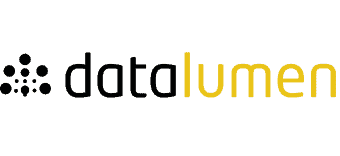A ROBUST DATA GOVERNANCE FRAMEWORK: YOUR BEST PROTECTION AGAINST THE PERIL OF A DATA HOUSE OF CARDS
Data needs to be effectively managed, protected, and leveraged to derive valuable insights. And that is where data governance frameworks come into play. Data governance frameworks provide a structured approach to establishing policies, processes, and guidelines for data management, ensuring data integrity, privacy, and compliance. In this article, we will delve into the importance of […]
